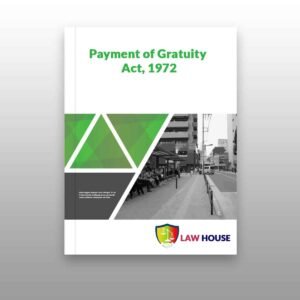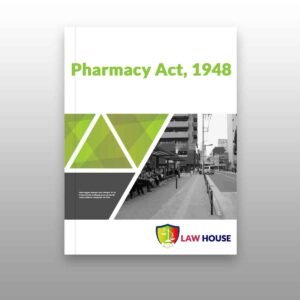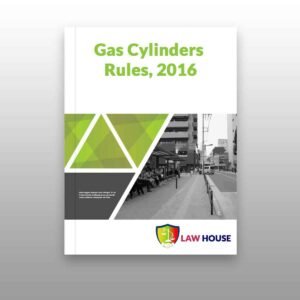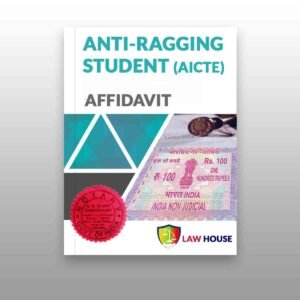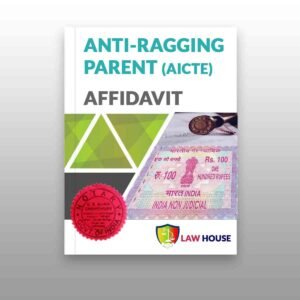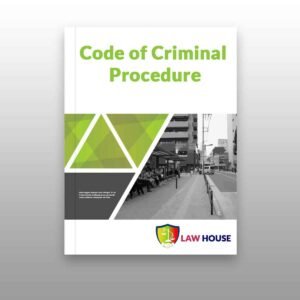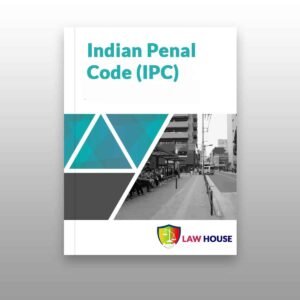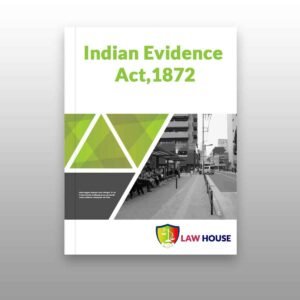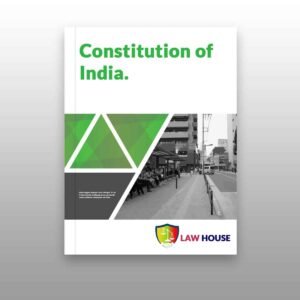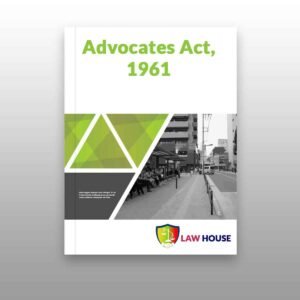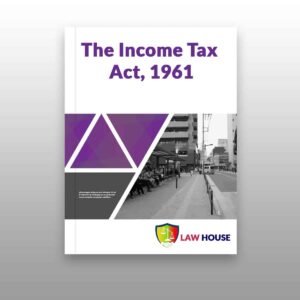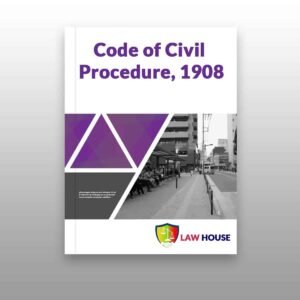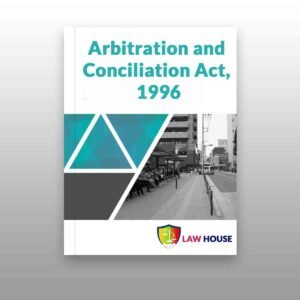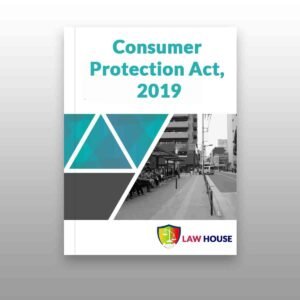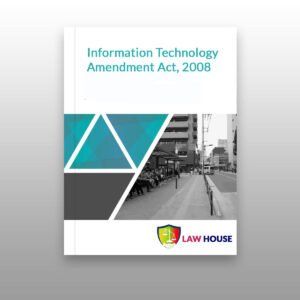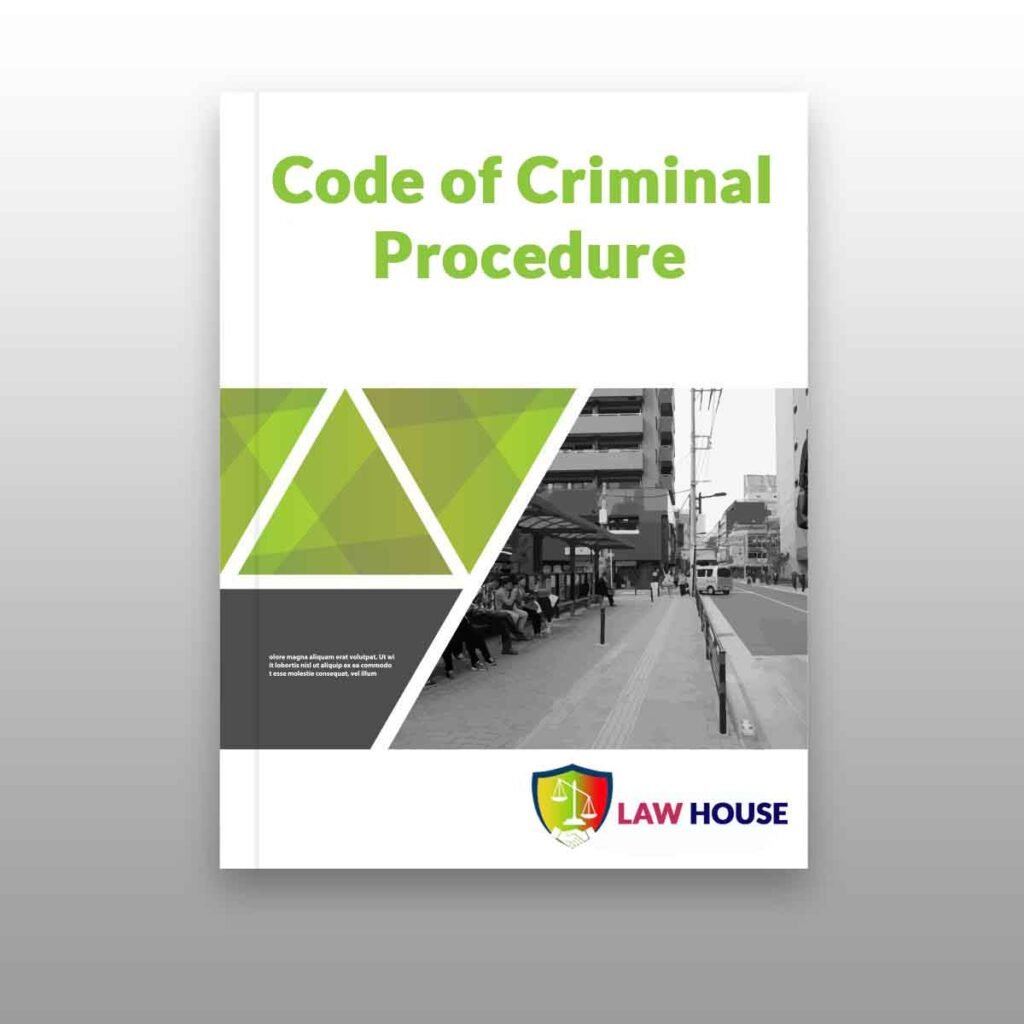What is bail?
In general words, in a criminal case Bail means the temporary release of the accused who is awaiting court trial after paying the bail bond. It becomes applicable after arrest and becomes effective from the moment of the arrest. This article will help you to understand Bailable and Non-Bailable offense.
What is Offence?
Offence can be described as any act or omission which is punishable under any law
Examples of Bailable Offence
- Bribery
- Public Nuisance
- Death by Rash or Negligent Act
- Simple Hurt
Key Elements:
- less serious in nature
- The quantum of punishment maximum 3 years
- Matter of right
- Investing Officer of Police Station can grant Bail.
- bail bond is required to be executed with or without surety
Examples of Non-Bailable Offence
- Rape
- Murder
- Dowry Death
- Attempt to murder
- Kidnapping
Key Elements:
- serious in nature
- It attracts punishment of more than 3 years
- Discreationary power of Court.
- Only Judicial Magistrate can grant Bail.
- bail bond is to be executed with stringent conditions.
Application for Bail
For non-bailable offence one has to move an application setting out the grounds for the grant of bail. In case the court is convinced that bail should be granted it passes the order after hearing the arguments. At that stage one has to fill in the bail bond duly signed by the surety and to be filled through his advocate. In case the accused is before the court, he is set at liberty in the court itself and in case the accused is under detention in the jail, orders of grant of bail are sent to the concerned jail.
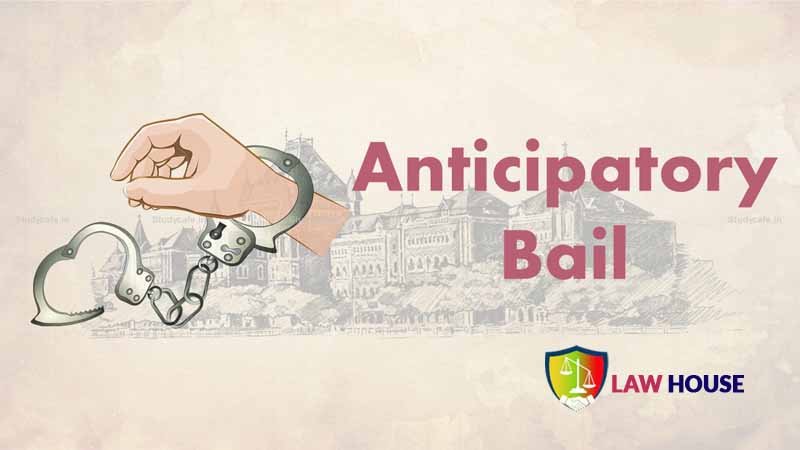
How to apply for an Anticipatory Bail? Official guide with Bail Format
Difference between Bailable and Non- Bailable Offence
| Basis of Difference | Bailable Offence | Non – Bailable Offence |
| Provision under CrPC | It is defined u/s 2(a) of CrPC, as an offence which is shown as bailable in the 1st schedule, or which is made bailable by any other law for the time being in force. | It is also defined u/s 2(a) pf CrPC, as an any other offence other than bailable. |
| Intensity of Crime | Bailable offences are considered less serious in nature. | Whereas, Non- Bailable offences are considered more serious / heinous in nature |
| Quantum of Punishment | Punishment is for less than 3 years. . | Punishment is for more than 3 years. |
| Power to Grand Bail | Bail can be claimed as of right and is granted as a matter of course by the police officer or by court. Its provision can be traced u/s 436 of CrPC | Bail cannot be claimed as a right. Only Judicial Magistrate has discretionary power to grant bail after considering the facts and circumstances of the case. Provision for Non- Bailable offence is given u/s 437 of CrPC. |
| Examples | Cheating (Sec. 407 IPC), Affray (Sec.160,IPC), Bribery for elections (Sec 171E IPC) | Dowry Death (Sec. 304B, IPC), Murder (Sec. 302, IPC), Rape (Sec.376, IPC), Voluntarily causing Grieve Hurt (Sec. 326, IPC) |
| Bail Procedure | When the accused brings proper surety after his/her arrest, the investigating officer of the concerned Police Station is bound to release the accused on Bail. | Accused need to be present before the Judicial Magistrate within 24 hours from the time of arrest by the Investigating Officer of the Police Station. At that time, he/she can make an application of bail to the magistrate either by himself or through a Advocate. |
Procedure for Bail
| Bailable Offence | The accused needs to fill a form, specified in the first schedule of CrPC, and submit the same with the stipulated authority, then the Court will have to grant bail. |
| Non-Bailable Offence | The accused is required to fill the certain form, specified in the First Schedule of CrPC and submit the same, to apply for bail. Thereafter, it is the Court that decides to grant bail to the accused or reject the application. |

Read More:
Related Books:











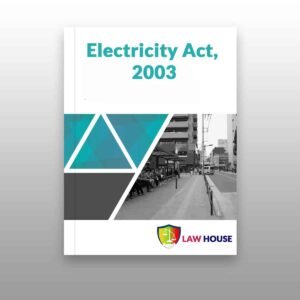
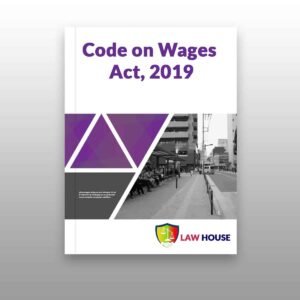
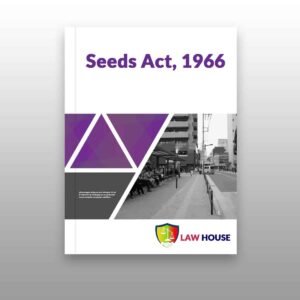
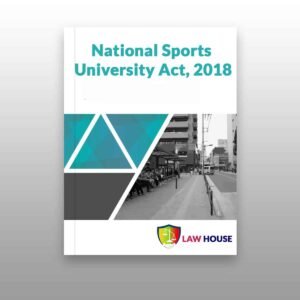

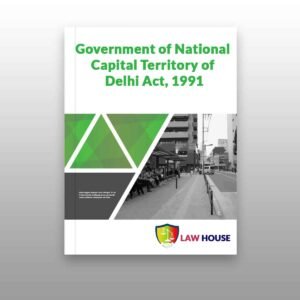

![Honey trap in Cybercrime: A to Z guide Exploring Honey Trap in Cyberspace [With Video]](https://www.lawhousekolkata.com/wp-content/uploads/Post-Images/Honey-Trap-300x169.jpg)



